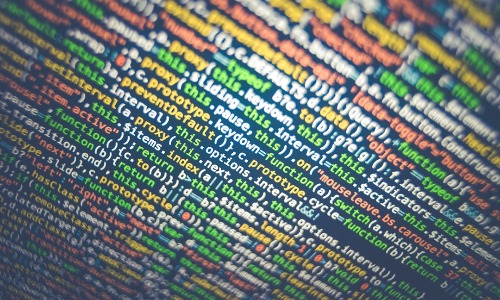I respect data, but I don’t revere it as I revere wisdom and judgment. That’s why I believe leaders need soft skills. After all:
Data is not complex. It doesn’t get context, it’s developed by subjective humans, it doesn’t reach the physical level, the social level, the personal level, and it certainly does not get into the inner life. Data ignores human complexity.
Information metastasizes every day. New books, magazines, journals, websites, documentaries, and research are published every day of the year in every country around the globe. Information is a commodity, and too much of it is a brain killer. A wealth of information creates a poverty of attention. Executives already have too much information to deal with. To paraphrase Mark Twain, “Good judgment comes from experience, and where does experience come from? Bad judgment!”
We need better judgment, not more information. We need to make decisions and predictions based on information brought to leaders by trusted managers. And we need to make better decisions and better predictions based on a limited amount of information. Admiral John Poindexter’s idea of total information awareness (TIA) is a total pipe dream. Impossible, un-American, and Big Brotherish.
Information is conflicting. Consult with company A and you get one thing. Choose B and you get another. Their methods of gathering information varies, and their methods for analyzing it differ. You might as well choose either one and get to work improving your judgment. What if Watson says one thing and Google’s DeepMind says another? What are you going to do then?
Judgment comes from thinking about thinking. It comes from meta-cognition. The Buddhist tradition might call it mindfulness, the ability to be aware of your awareness. Leaders who are not aware of their awareness, or who don’t know themselves, are dangerous to themselves and their enterprises.
Logic does not rule. Psychology rules. Those who are aware of their own awareness, mindful of their own minds, know just how illogical we are. The amount of crazy flotsam that washes up into consciousness from the seething sea of the subconscious is truly astounding. It’s a surreal cinema, and we are both director and audience. To think that the power of this reality does not rule the bulk of our lives is naïve. Most of the conversation in the world is intra-personal and goes on between our awareness and the savage, terrified imagination.
We need to know human nature. Leaders in every field, Theodore Roosevelt said, “need more than anything else to know human nature, to know the needs of the human soul; and they will find this nature and these needs set forth as nowhere else by the great imaginative writers, whether of prose or of poetry.”
Roosevelt was known to read multiple books in a day. If he wasn’t out roughing and toughing, he was reading, and governing adroitly.
This may be hard to swallow in the age of AI and Big Data, but consider that literature, or story, is how we have made sense out of the chaos of human experience. From literature, we have created our Bible, countless other religions, philosophy, art, culture and civilizations. Reading great literature, you are absorbing the thoughts of the greatest thinkers humanity has created.
Beware big data–it distorts reality, it’s not raw, it’s cooked, it’s subjective, it’s interpreted by cultural values.
I am tired of experts who guaranteed collusion, who said, “It’s a slam dunk,” who said Y2K was the end of the world. Most of them bat below 300.
I liked it when Peter Gomes, the minister at Harvard, said at graduation, “There is less going on here than meets the eye.”
I respect modern technology, but story is ancient technology, and it is the most powerful technology we have, and the one that gives us the greatest pleasure and the greatest learning.
